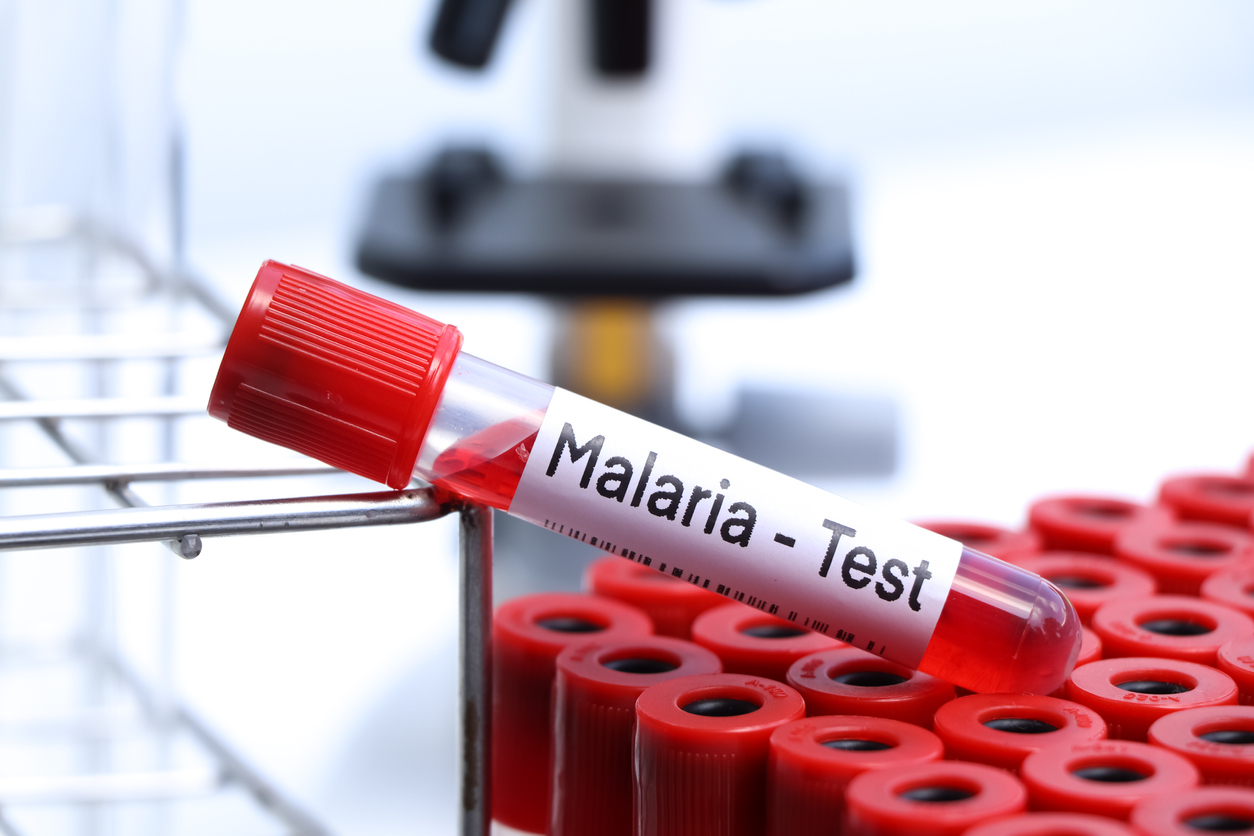2024-02-06
The mechanisms behind neuromalaria
Infectiology
Neuromalaria is the most lethal complication of Plasmodium falciparum malaria, with associated infant mortality ranging from 15 to 25%. In this study, researchers performed an unbiased proteomic evaluation of Plasmodium falciparum-infected erythrocytes and plasma samples from 24 children in Benin. Significant down-regulation of ubiquitin-proteasome pathway proteins and up-regulation of transferrin receptor protein 1 were found in infected erythrocytes from patients with neuromalaria. The host plasma proteome could serve as a specific signature for the development of neuromalaria, enabling the development of new diagnostic and prognostic markers.

Last press reviews
Gut microbiome and neurodegeneration: a new therapeutic lever

By Elodie Vaz | Published on February 12, 2026 | 3 min read<br>
Fragile heart, vulnerable brain?

By Ana Espino | Published on February 13, 2026 | 3 min read<br><br>
A practical look at HCM in young athletes

By Carolina Lima | Published on February 13,&nbs...